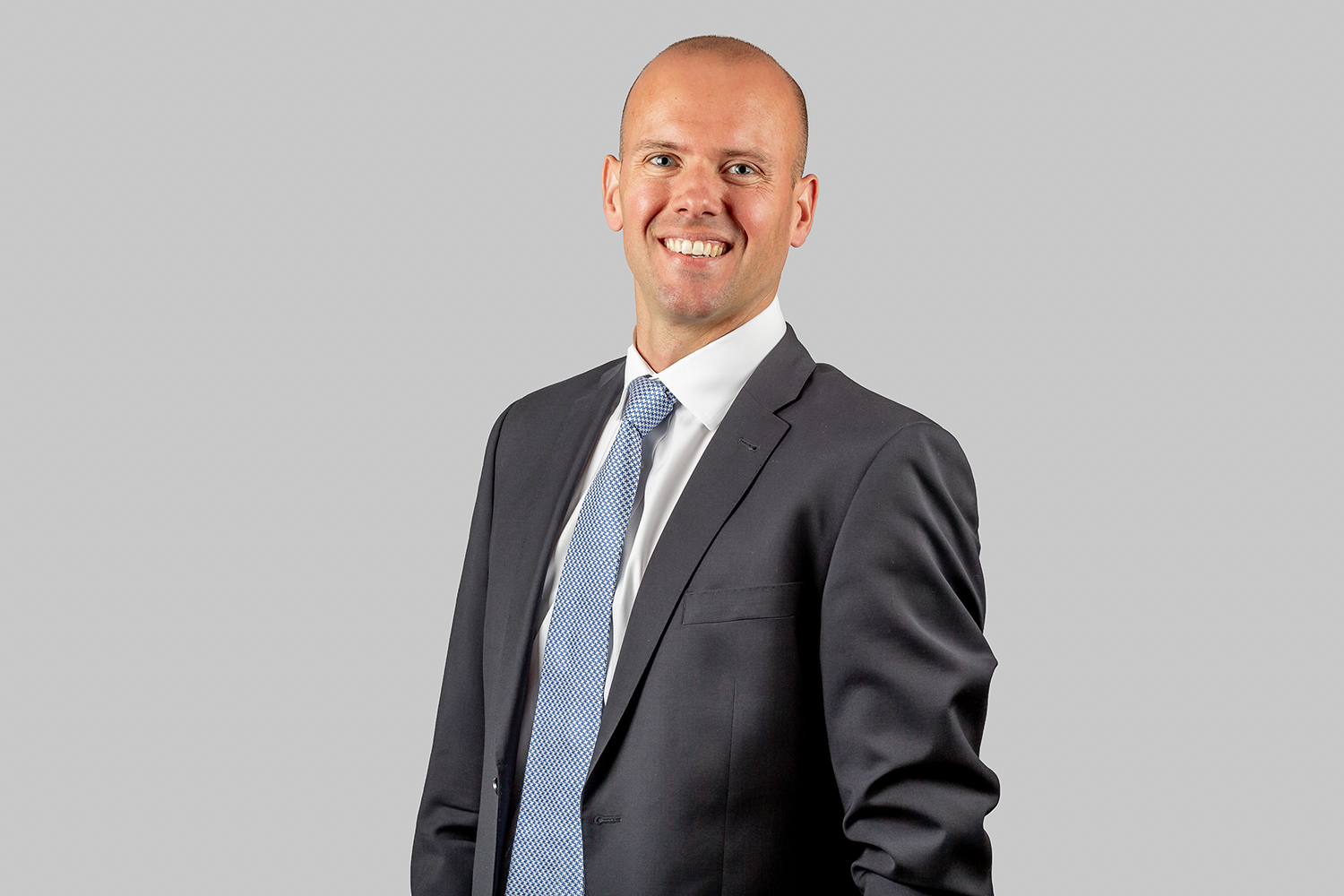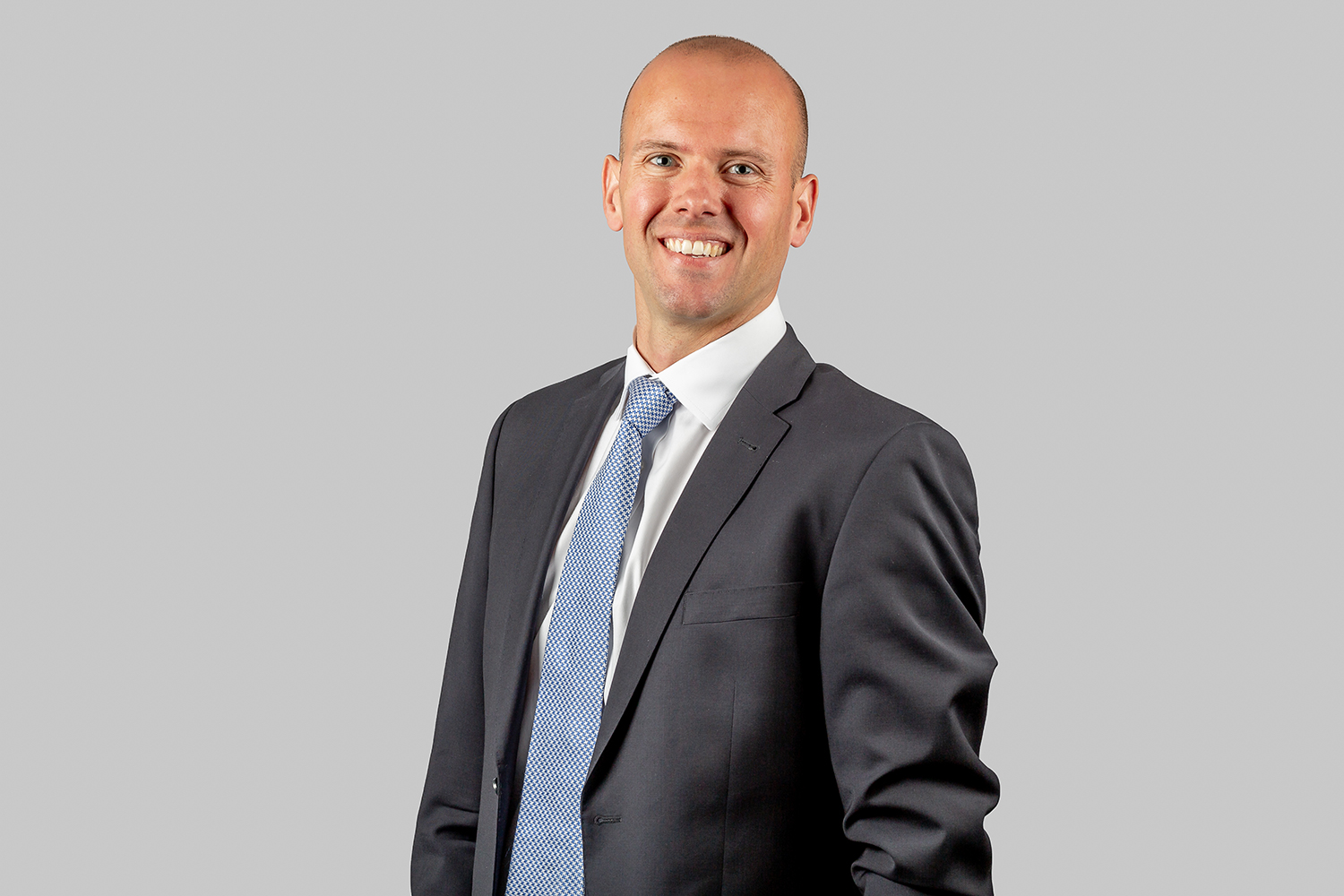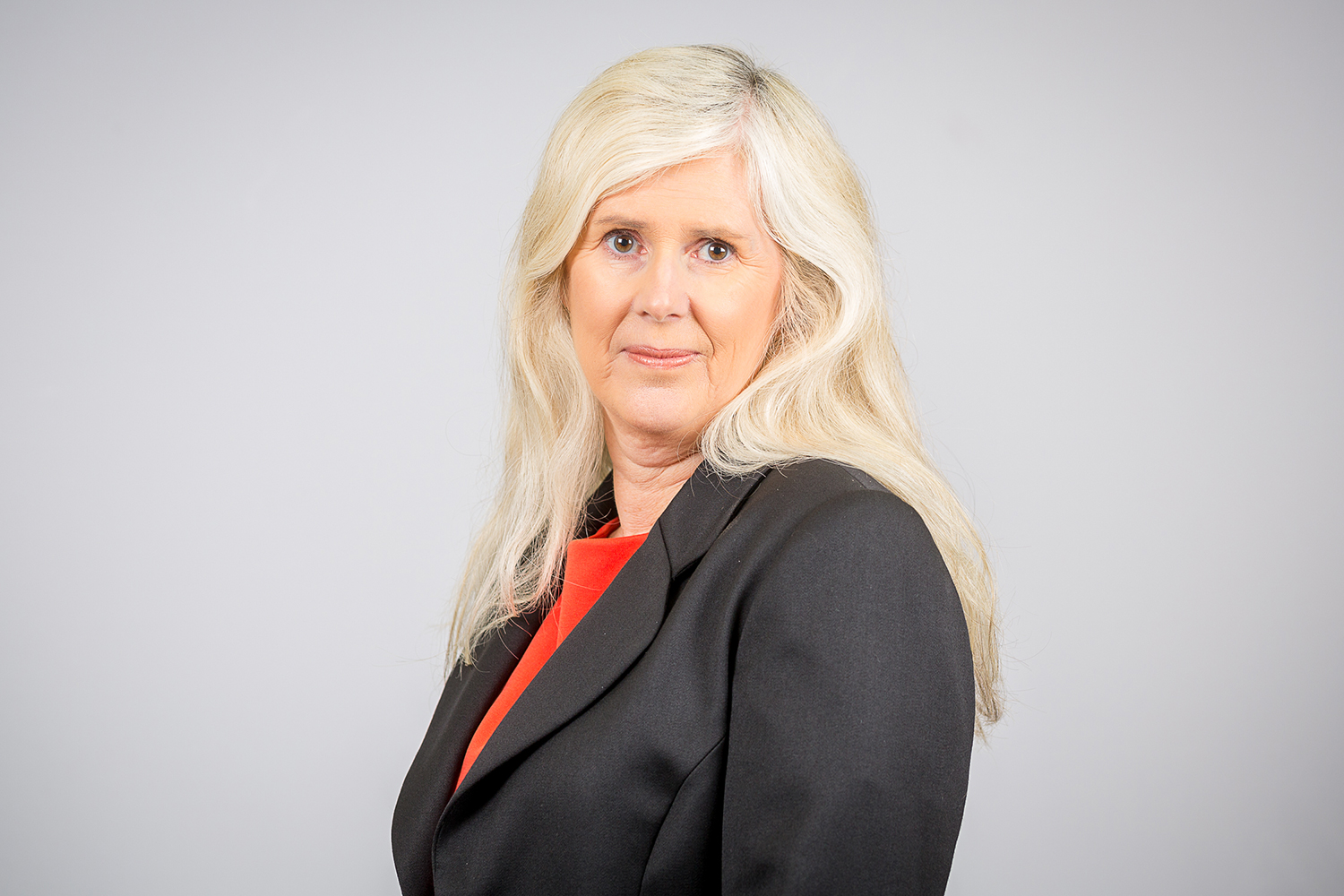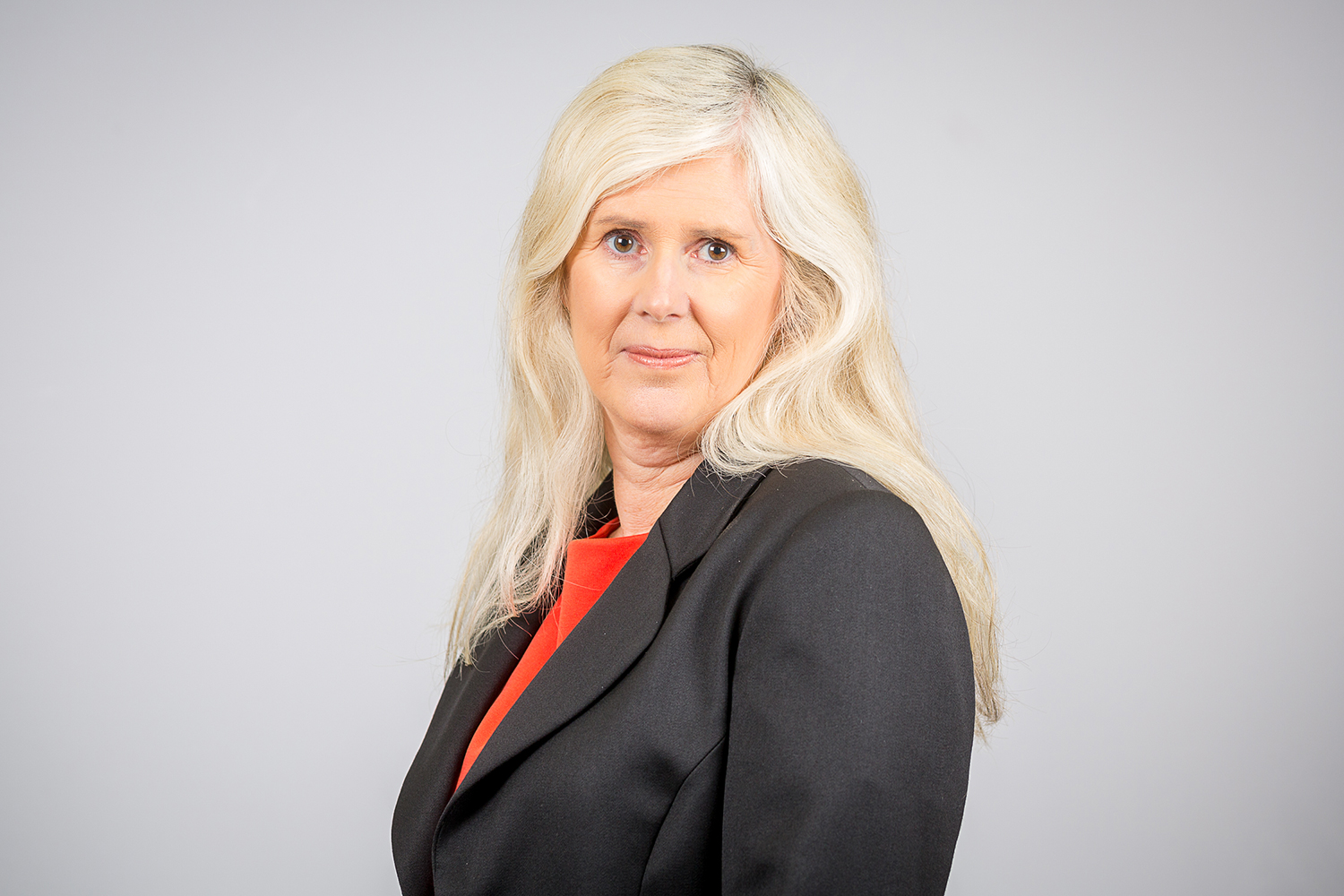
Henry Wickham
Partner | Legal
Jersey

Henry Wickham
Partner
Jersey
Big things are happening at Ogier. Change is embedded in everything we do. It is redefining our talent, our ways of working, our platforms of delivery, our culture.
Services
We have the expertise to handle the most demanding transactions. Our commercial understanding and experience of working with leading financial institutions, professional advisers and regulatory bodies means we add real value to clients’ businesses.
Sectors
Our sector approach relies on smart collaboration between teams who have a deep understanding of related businesses and industry dynamics. The specific combination of our highly informed experts helps our clients to see around corners.
We have the expertise to handle the most demanding transactions. Our commercial understanding and experience of working with leading financial institutions, professional advisers and regulatory bodies means we add real value to clients’ businesses.
Legal
Corporate and Fiduciary
Consulting
Banking and Finance
Corporate
Dispute Resolution
Employment law
Intellectual Property
Investment Funds
Listing services
Local Legal Services
Private Wealth
Property law
Regulatory
Restructuring and Insolvency
Tax
Banking and Finance overview
Asset Finance
CAYLUX Fund Finance
Debt Capital Markets
Derivatives
Fund Finance
Islamic Finance
Leveraged Finance
Listing services
Real Estate Finance
Regulatory
Restructuring and Insolvency
Structured Finance
Sustainable Finance
Corporate overview
Economic Substance
EIIS Services in Ireland
Equity Capital Markets
Insurance and Reinsurance
Listing services
Mergers and Acquisitions
Private Equity
Real Estate Structuring, Acquisitions and Disposals
Regulatory
Technology and Web3
Dispute Resolution overview
Banking Disputes
Corporate and Financial Services Disputes
Crypto Disputes
Enforcement of Judgments and Awards
Fraud and Asset Tracing
Funds Disputes
Insurance Disputes
International Arbitration
Regulatory
Restructuring and Insolvency
Section 238 Shareholder Appraisal Rights
Shareholder and Valuation Disputes
Trusts Disputes and Applications
Investment Funds overview
Hedge Funds
Managers and Sponsors
Private Equity
Real Estate, Infrastructure and Energy Funds
Regulatory
Sustainable Investing and Impact Funds
Technology and Web3
Local Legal Services overview
Cayman Local Legal Services
Channel Islands Local Legal Services
Ireland Local Legal Services
Employment law
Estate Planning, Wills and Probate
Expat services
Family Office
Intellectual Property
Make your Guernsey will online
Make your Jersey lasting power of attorney online
Make your Jersey will online
Notary public services
Relocating your business
Relocating your family
Property law
Accounting and Financial Reporting Services - Ogier Global
Cayman Islands AML/CFT training - Ogier Global
Corporate Services - Ogier Global
Debt Capital Markets - Ogier Global
Fund Services - Ogier Global
Governance Services - Ogier Global
Investor Services - Ogier Global
Ogier Connect - Ogier Global
Private Wealth Services - Ogier Global
Real Estate Services - Ogier Global
Regulatory and Compliance Services - Ogier Global
Our sector approach relies on smart collaboration between teams who have a deep understanding of related businesses and industry dynamics. The specific combination of our highly informed experts helps our clients to see around corners.
Ogier provides practical advice on BVI, Cayman Islands, Guernsey, Irish, Jersey and Luxembourg law through our global network of offices across the Asian, Caribbean and European timezones. Ogier is the only firm to advise on this unique combination of laws.
Keep up to date with industry insights, analysis and reviews. Find out about the work of our expert teams and subscribe to receive our newsletters straight to your inbox.
Fresh thinking, sharper opinion.
We get straight to the point, managing complexity to get to the essentials. Our global network of offices covers every time zone.
No Content Set
Exception:
Website.Models.ViewModels.Components.General.Banners.BannerComponentVm
News
19 April 2017
Jersey
Ten years ago you probably didn't have a big online presence. Now, it's a fair bet that you have email, social media accounts, cloud-stored images, books, video and music, and possibly even online gambling accounts, Bitcoin and computer games.
While the way that we behave and what we're prepared to do online has changed dramatically in the last decade, the question of what happens to the belongings that we leave "in the cloud" once we die has not really moved on.
Some of our digital assets have a tangible, monetary value (such as money in various accounts, or digital media such as films or music that you have bought) and some have emotional and sentimental value, such as personal photos and videos.
Either way, both have worth – not just to us, but to our loved ones - but there are complicating factors when dealing with digital legacies:
A further complicating factor may be that the various service providers may be based in and operate under very different legal frameworks to the ones in which you live.
The Digital Legacy Association – a UK body set up to help professionals and careers support the public with digital assets and digital legacies – has set up a helpful template for a social media will and guides to different services and devices. It is important to note that their template will not produce a legally binding document, but instead a statement of preferences.
Some frequently used services have policies to deal with the question of what happens to accounts after the death of the account-holder, including:
The best precaution to take would be to consider what you want to happen to your "digital legacy" after your death, and to make a clear written statement expressing those wishes, along with any account names and passwords that would be needed to put those wishes into effect. If nothing else, by dealing with the question proactively, you can avoid unnecessary inconvenience and disruption to your loved ones at what will be a difficult time.

Henry Wickham
Partner | Legal
Jersey

Henry Wickham
Partner
Jersey
Contact Henry
Back

Fiona Lilleyman
Probate Manager | Legal
Jersey

Fiona Lilleyman
Probate Manager
Jersey
Contact Fiona
Back
Sign up to receive updates and newsletters from us.
Sign up
No Content Set
Exception:
Website.Models.ViewModels.Blocks.SiteBlocks.CookiePolicySiteBlockVm
